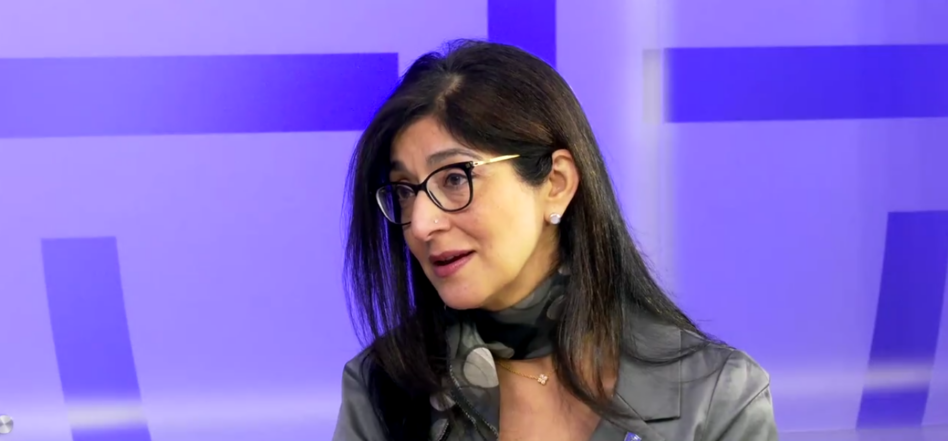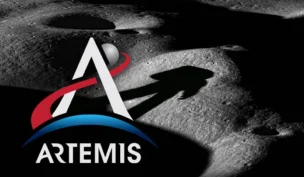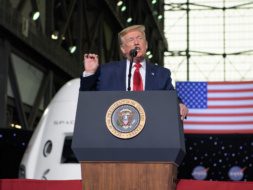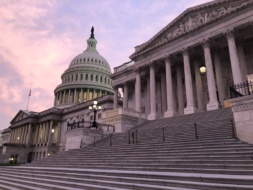The UN’s space chief has some advice for Japan: be bolder.
Ahead of the Japanese official visit tomorrow, Aarti Holla-Maini, director of the UN’s Office of Outer Space Affairs, said Japan is ahead of the curve on thinking through the policy and legal framework to enable active debris removal, and that it’s critical for officials to share their findings with other UN members.
“They are leading with all of the thought process and work they’ve done for the first global license for active debris removal,” she said last week at the Atlantic Council. “There are so many critical legal questions that need to be asked when you’re talking about removing a piece of debris from space. And they’ve done all of that thinking. If we want to scale that…we need to share that knowledge with a much broader range of member states.”
“I hope that the US can also motivate the Japanese delegation to be a little bolder and to impart some of the very valuable work they’re doing,” she continued.
Astroscale will be attending an upcoming legal subcommittee meeting of the Office of Outer Space Affairs, Holla-Maini said, adding that she’s also urging legal experts from the Japanese Ministry of Foreign Affairs to attend and share more about their licensing process.
This week: President Joe Biden will meet with Japanese Prime Minister Fumio Kishida tomorrow in Washington and, while the meeting will not be focused on space, many high-level meetings during the Biden administration do have some space priorities including in the post-meeting readout.
In addition, officials are preparing for the ninth meeting of the US-Japan Comprehensive Space Dialogue. The National Security Space Association penned a letter to VP Kamala Harris last week laying out priorities for the meeting, including fostering closer partnership between the US and Japanese private space industries, and CSIS wrote last week about ways the two countries’ space sectors could work together on national security.
The little office that could: Holla-Maini’s Atlantic Council appearance came during her first trip to the US as the UN’s space chief. During her trip, which includes a trek to Colorado for her first Space Symposium, she said she hopes to educate people in the space community about UNOOSA’s mission, which she said includes “almost unashamedly doing business development for the space sector as a whole.”
But the office needs more people to meet those goals. The 25 existing staff needs to grow to 100 people within one to two years to be able fulfill its mission within the UN, Holla-Maini said.
“It’s simply not sustainable for me personally [or] for the staff in the office,” she said. “Why are we here? It is a big responsibility. We have what it takes to do it. I’m no stranger to having to punch above our weight…but we do need resources as well. There’s only so much you can do with being resourceful.”
Bridging the gap: The UN’s space office launched the Space Bridge program late last year in a bid to break down silos between different organizations, including space/non-space and government/private, because “big challenges require multiple partners,” Holla-Maini said. She also previewed the first two areas where the program will focus this year:
- A study of the environmental risks posed by both rocket launches and satellites burning up in the atmosphere, in partnership with the United Nations Environment Program.
- An effort to bridge gaps between the many public and private space traffic management systems across the world.
Any ideas? Holla-Maini encouraged industry to pitch ideas they think would make good Space Bridge focus areas, saying the UN could act as a host and convener.




